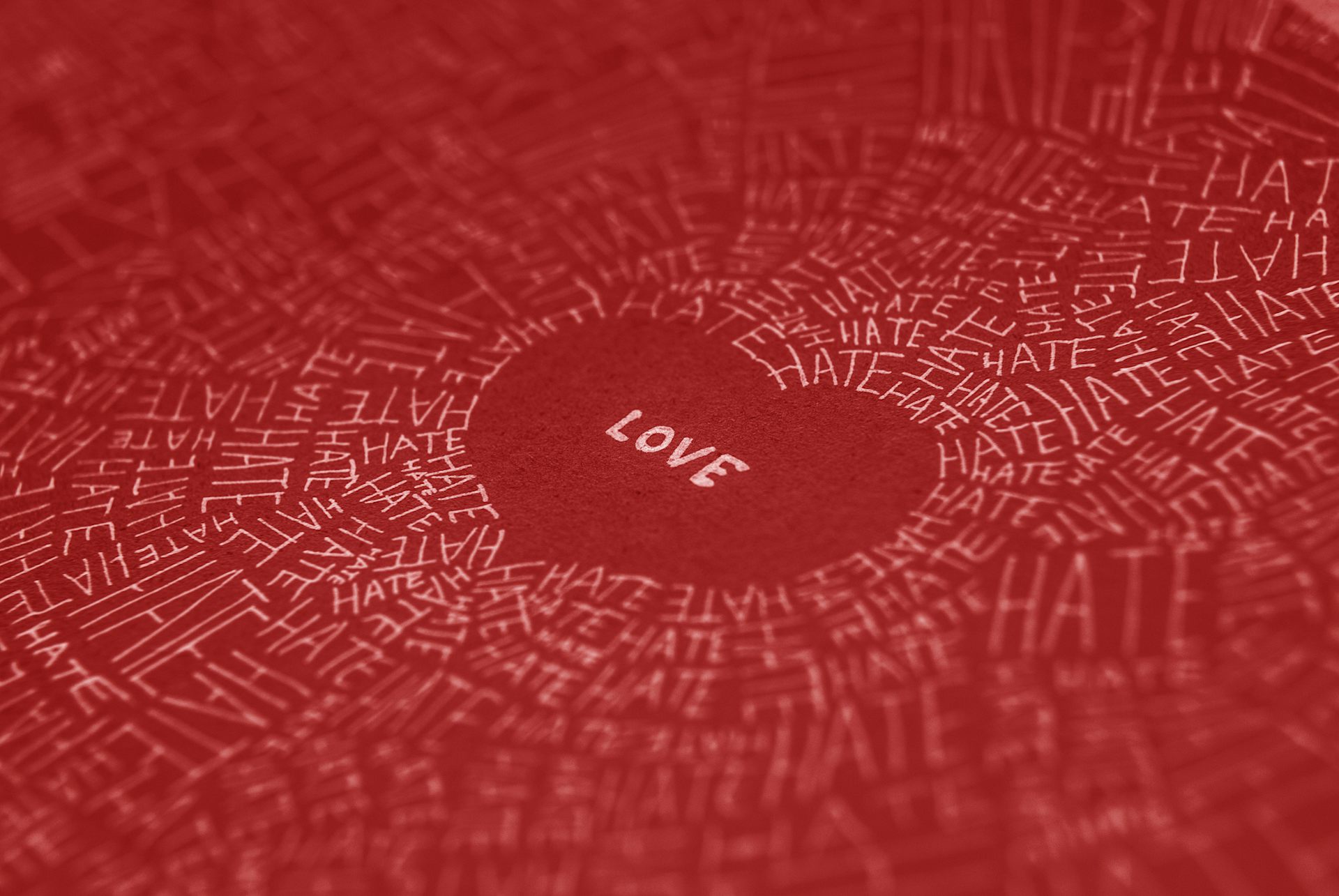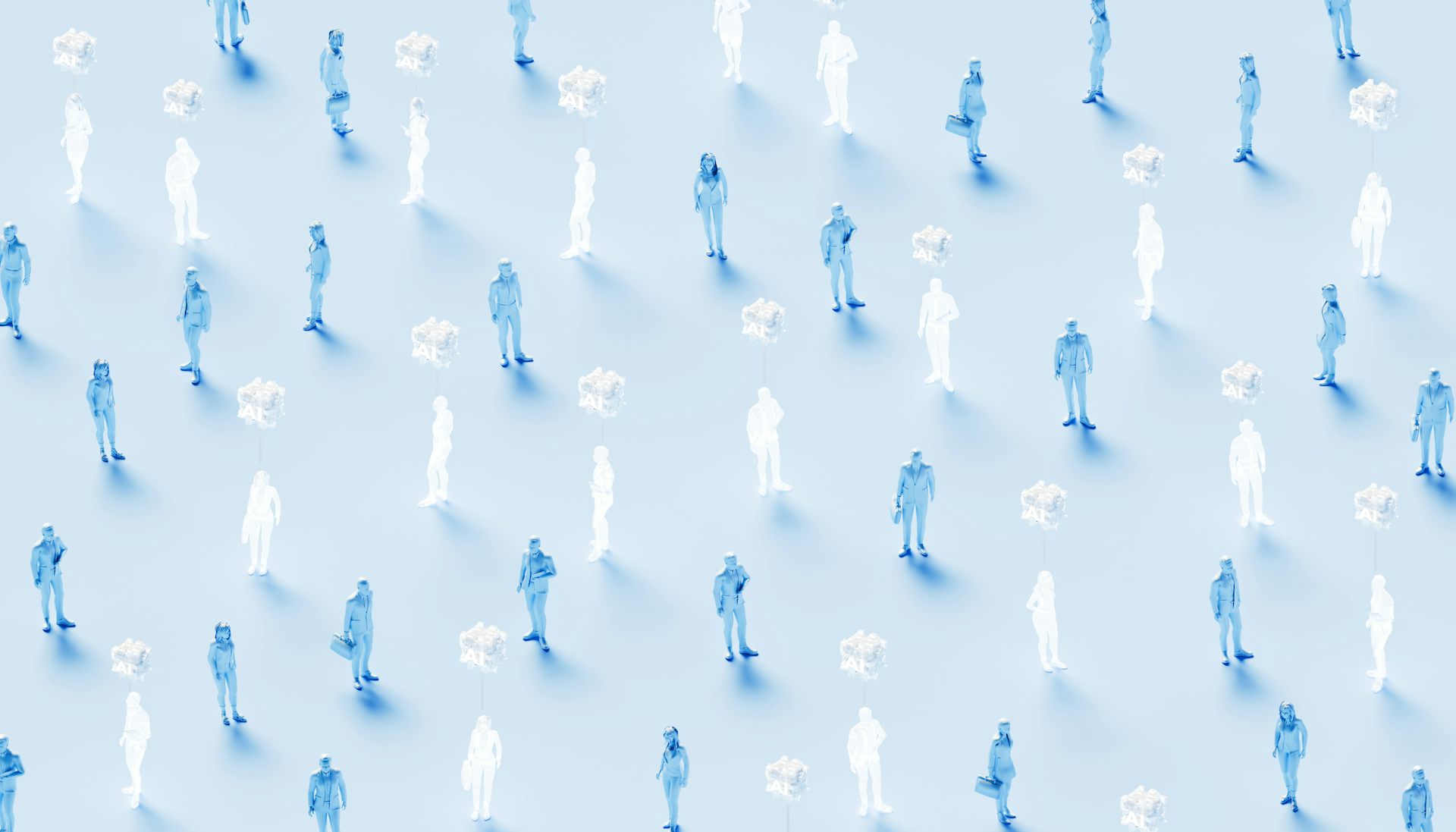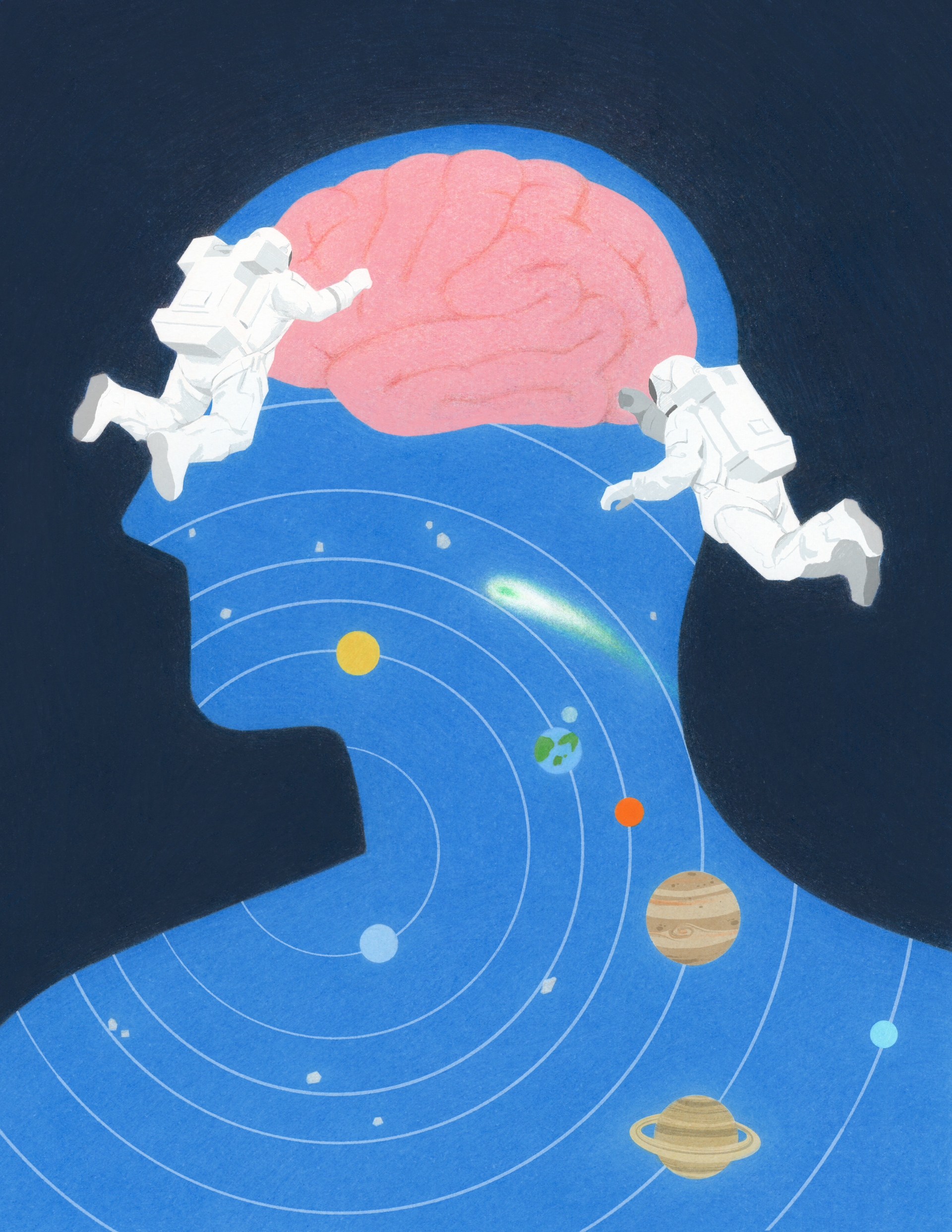Friendships aren’t just about keeping score – new psychology research looks at why we help our frien
Friendship isn’t a tit-for-tat balance sheet, but that’s how researchers have traditionally defined it. New studies are refining the model to be less about transactions and truer to real life.

Despite how natural friendship can feel, people rarely stop to analyze it. How do you know when someone will make a good friend? When is it time to move on from a friendship? Oftentimes, people rely on gut intuitions to answer these kinds of questions.
In psychology research, there’s no universally accepted definition of a friend. Traditionally, when psychologists have analyzed friendship, it’s often been through the lens of exchange. How much did that friend do for me? How much did I do for them? The idea is that friendships are transactional, where friends stick around only as long as they are getting at least as much as they are giving in the friendship.
But this focus doesn’t capture what feels like the essence of friendship for many people. We and our colleagues think another model for relationships – what we call risk-pooling – better matches what many people experience. In this kind of friendship, no one is keeping track of who did what for whom.
Our research over the past decade suggests that this kind of friendship was essential for our ancient ancestors to survive the challenges they encountered. And we feel it’s essential for surviving the challenges of life today, whether navigating personal struggles or dealing with natural disasters.
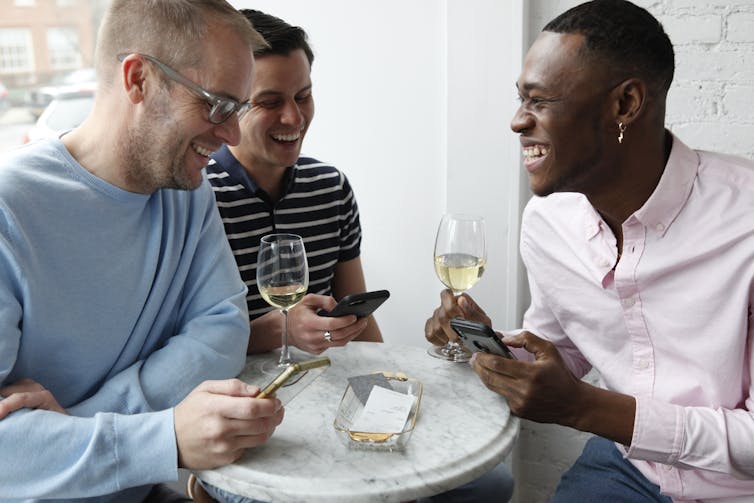
A focus on what friends give you
The traditional social exchange theory of friendship views relationships as transactions where people keep a tally of costs and benefits. Building on this framework, researchers have suggested that you approach each friendship with a running list of pluses and minuses to decide whether to maintain the bond. You keep friendships that provide more benefits than costs, and you end those that don’t.
The theory holds that this balancing act comes into play when making decisions about what kinds of friendships to pursue and how to treat your friends. It’s even made its way into pop psychology self-help spaces.
We contend that the biggest issue with social exchange theory is that it misses the nuances of real-life relationships. Frankly, the theory’s wrong: People often don’t use this cost-to-benefit ratio in their friendships.
Less accounting, more supporting
Anybody who has seen a friend through tough times – or been the one who was supported – can tell you that keeping track of what a friend does for you isn’t what friendships are about. Friendships are more about companionship, enjoyment and bonding. Sometimes, friendship is about helping just because your friend is in need and you care about their well-being.
Social exchange theory would suggest that you’d be better off dropping someone who is going through cancer treatment or a death in the family because they’re not providing as many benefits to you as they could. But real-life experiences with these situations suggest the opposite: These are the times when many people are most likely to support their friends.
Our research is consistent with this intuition about the shortcomings of social exchange theory. When we surveyed people about what they want in a friend, they didn’t place a high value on having a friend who is conscientious about paying back any debts – something highly valued from a social exchange perspective.
People considered other traits – such as loyalty, reliability, respectfulness and being there in times of need – to be much more important. These qualities that relate to emotional commitment were seen as necessities, while paying back was seen as a luxury that mattered only once the emotional commitment was met.
Having friends who will help you when you’re struggling, work with you in the friendship and provide emotional support all ranked higher in importance than having a friend who pays you back. While they might not always be able to provide tangible benefits, friends can show they care in many other ways.
Of course, friendship isn’t always positive. Some friends can take advantage by asking too much or neglecting responsibilities they could handle themselves. In those cases, it can be useful to step back and weigh the costs and benefits.
Friendship is more than the sum of its parts
But how do friendships actually help people survive? That is one question that we investigated as part of The Human Generosity Project, a cross-disciplinary research collaboration.
The risk-pooling rather than exchange pattern of friendship is something that we found across societies, from “kere kere” in Fiji to “tomor marang” among the Ik in Uganda. People help their friends in times of need without expecting to be paid back.
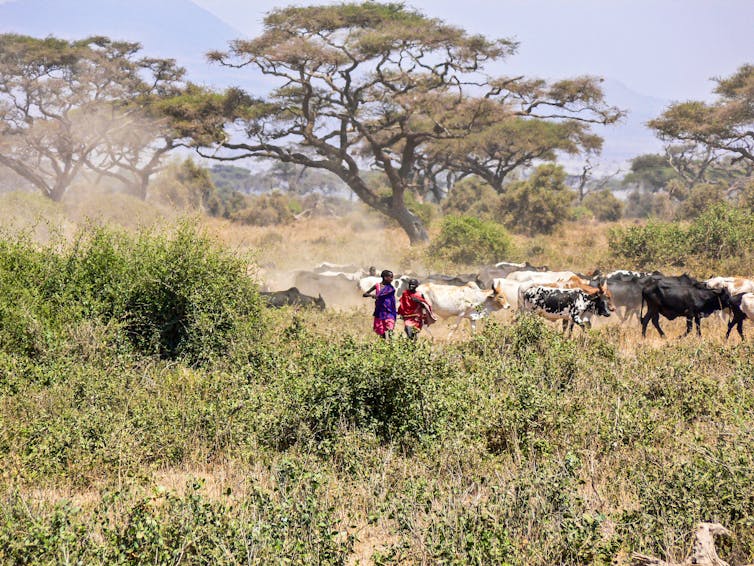
The Maasai, an Indigenous group in Kenya and Tanzania who rely on cattle herds to make their living, cultivate friends who help them when they are in need, with no expectation about paying each other back. People ask for help from these special friends, called osotua partners, only when they are in genuine need, and they give if they are asked and able.
These partnerships are not about everyday favors – rather, they are about surviving unpredictable, life-altering risks. Osotua relationships are built over a lifetime, passed down across generations and often marked with sacred rituals.
When we modeled how these osotua relationships function over time, we found they help people survive when their environments are volatile and when they ask those most likely to be able to help. These relationships lead to higher rates of survival for both partners compared to those built on keeping track of debts.
These friends act as social insurance systems for each other, helping each other when needs arise because of unpredictable and uncontrollable events.
And we see this in the United States, just as we do in smaller-scale, more remote societies. In one study, we focused on ranchers in southern Arizona and New Mexico embedded in a network of what they call “neighboring.” They don’t expect to be paid back when they help their neighbors with unpredictable challenges such as an accident, injury or illness. We also found this same pattern in an online study of U.S.-based participants.
In contrast, people such as the ranchers we studied are more likely to expect to be paid back for help when needs arise because of more predictable challenges such as branding cattle or paying bills.
Catastrophic insurance, not tit for tat
What all this research suggests is that friendship is less about the exchange of favors and more about being there for each other when unforeseeable disaster strikes. Friendship seems more like an insurance plan designed to kick in when you need it most rather than a system of balanced exchange.
What lets these partnerships endure is not only generosity, but also restraint and responsibility: Maasai expect their osotua partners to take care of themselves when they can and to ask only when help is truly needed. That balance of care, respect and self-management offers a useful model.
In a world of growing uncertainty, cultivating risk-pooling friendships and striving to be a good partner yourself may help you build resilience. Our ancestors survived with the help of this kind of relationship; our future may depend on them too.
Athena Aktipis receives funding from the National Science Foundation. She is the Executive Director of the Cooperative Futures Institute.
Jessica D. Ayers does not work for, consult, own shares in or receive funding from any company or organization that would benefit from this article, and has disclosed no relevant affiliations beyond their academic appointment.
Read These Next
Addiction affects your brain as well as your body – that’s why detoxing is just the first stage of r
Substance use disorders are widespread in the US, but many people wrongly equate detoxing with being…
More than a feeling – thinking about love as a virtue can change how we respond to hate
Love and hate seem like obvious opposites – but for philosophers of virtue, it’s not so simple.
Swarms of AI bots can sway people’s beliefs – threatening democracy
A simulation shows that social media bots powered by today’s AI can infiltrate human networks on social…



